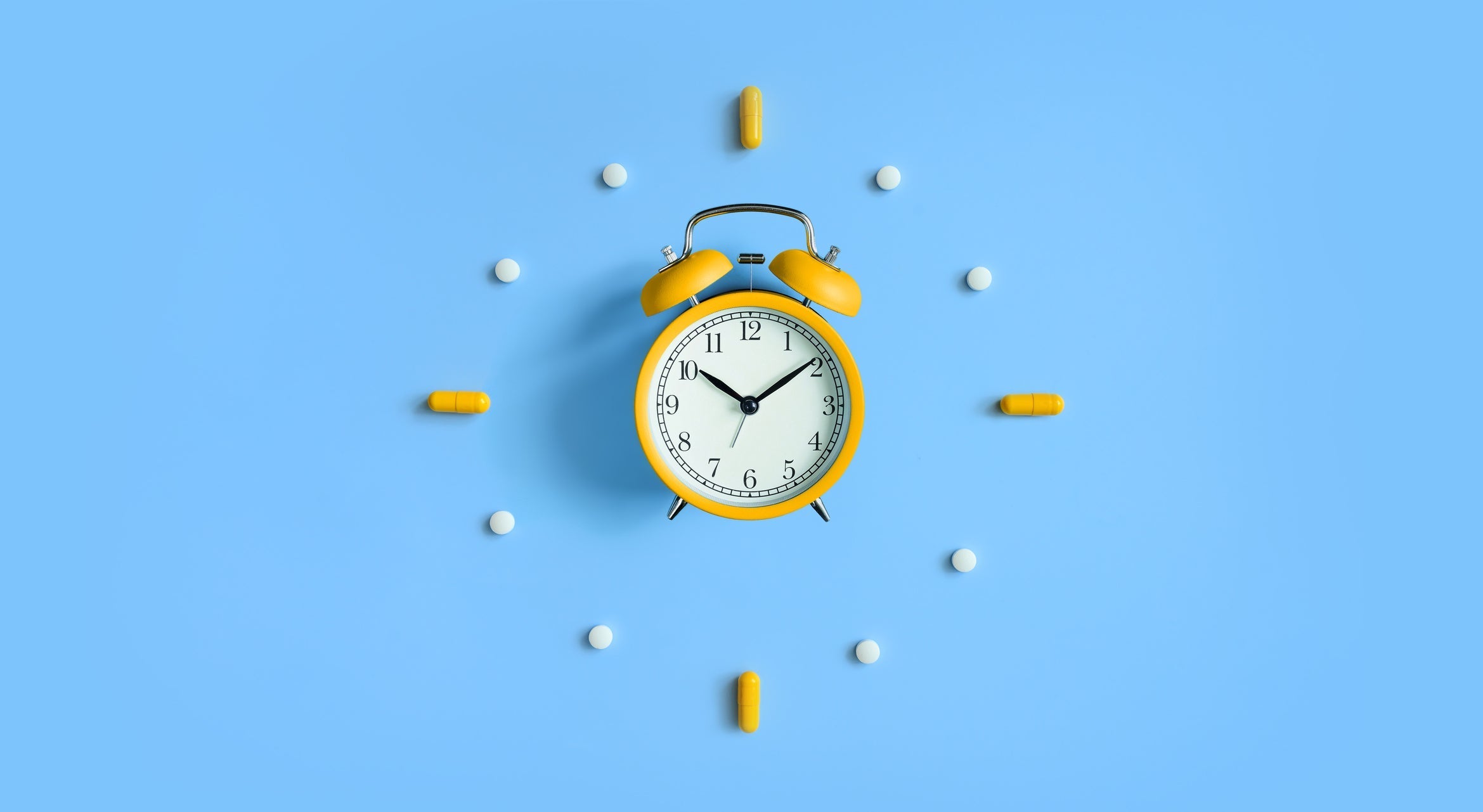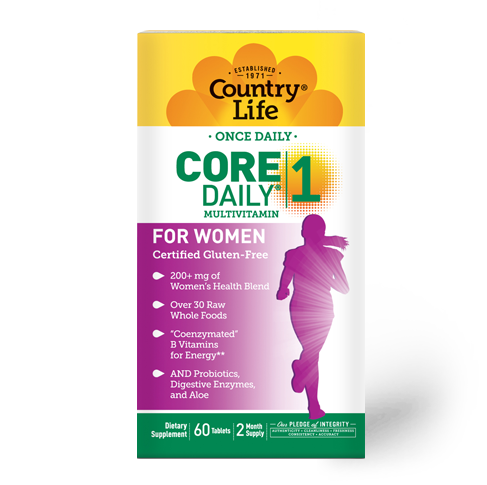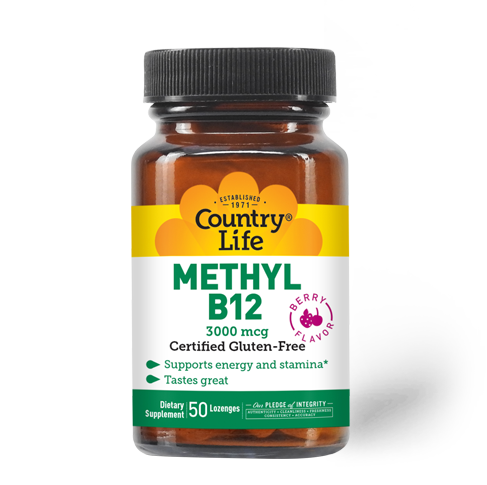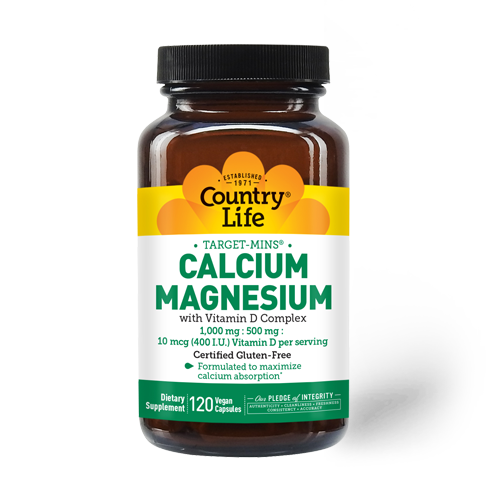Trying to figure out the best time of day to take your vitamins like multivitamins, B-complex, vitamin D, or minerals?
If you’re having trouble finding a straightforward answer to this very straightforward question, you’re not alone.
The reason is that evidence shows different types of vitamins may perform better when taken at various times of the day, with other supplements or foods, or without certain medications or other substances, like caffeine.
The good news is, in most cases, the best time of day to take your vitamins is with breakfast or lunch.
However, there are exceptions, especially if you have a deficiency, are on medications, or want to increase specific nutrient concentrations in your body.
This article explores the nitty-gritty of when to take your vitamins, multivitamins, and other supplements, plus tips on enhancing absorption and creating a supplement schedule you can stick with.
Water Soluble vs. Fat Soluble Vitamins
There are two types of vitamins:
1: Water-soluble vitamins dissolve in water and are not stored in the body.
2: Fat-soluble vitamins dissolve in fat and are stored in the body.
Water-soluble vitamins can typically be taken at any time of day with or without food.
Examples of water-soluble vitamins include:
- Vitamin C
- B-vitamins:
- B1 (Thiamine)
- B2 (Riboflavin)
- B3 (Niacin)
- B5 (Pantothenic acid)
- B6 (Pyridoxine)
- B7 (Biotin)
- B9 (Folate)
- B12 (cobalamin)
Excess water-soluble vitamins are excreted in urine, with the exception of Vitamin B12, which may be stored in the liver.
Although water-soluble vitamins can typically be taken at any time, many experts recommend taking them in the morning, as they can provide a nice energy boost and promote nutrient assimilation.
Some evidence suggests that B vitamins may be best absorbed on an empty stomach. However, other studies show that B vitamin absorption can be impacted by various factors, including genetic variations and digestive health, so more research is needed.
If taking B vitamins on an empty stomach doesn’t agree with you, it’s fine to take them with food.
Vitamin C can be taken with or without food and may be helpful when taken with iron to promote better iron absorption.
Bottom line: Water-soluble vitamins can be taken with or without food, depending on your preference, and are generally most beneficial when taken in the morning.
Fat-soluble vitamins require the presence of fat for optimal absorption and should be taken with meals.
Examples of fat-soluble vitamins include:
Unlike water-soluble vitamins, fat-soluble vitamins are stored in the body for future use, so talk to your healthcare practitioner about the best dosage for you.
Fat-soluble vitamins should be taken with a meal containing some fat (you don’t need much) to optimize absorption.
For example, research has shown vitamin D3 absorption can be enhanced by over 30% when taken with fat.
There is also evidence that the presence of Vitamin K2 may enhance Vitamin D3 transportation and absorption, but more research is needed.
Research also shows vitamin E absorption is greatly enhanced when taken with fat.
Timing is less important, although many experts recommend taking fat-soluble vitamins in the morning to support energy and other biological processes throughout the day.
Bottom line: Fat-soluble vitamins should be taken with meals whenever it is most convenient for you.
When is The Best Time to Take Multivitamins?
Multivitamins contain a combination of water- and fat-soluble vitamins and may also contain minerals, herbs, amino acids, essential fatty acids, and other superfoods.
So, what’s the best time to take your multivitamin?
General consensus is to take your multivitamin in the morning with breakfast.
This way, you get all the energy-boosting benefits of those nutrients plus the fat required to process the fat-soluble vitamins. Eating with food can also help prevent any upset stomach that some people may get from vitamins.
However, if you’re a coffee or tea drinker, you may be better off taking them at lunch.
Research has shown caffeine inhibits absorption of several nutrients including B-vitamins, iron, calcium, and magnesium and deplete Vitamin B6, all of which are commonly found in multivitamins.
Explore Country Life’s Multivitamin Collection for Women, Men, Over 50, & More.
When is The Best Time to Take Iron?
Iron is an essential mineral for energy, cognitive function, blood health, and so much more.
Unfortunately, iron deficiency and insufficiency are common, especially in menstruating and pregnant women and people.
Therefore, many people take iron supplements to combat deficiencies and ensure healthy iron levels.
Although other nutrients are more forgiving regarding timing, supplemental iron often requires more due diligence, especially if you’re deficient.
Here are some tips on timing and optimizing iron supplementation:
- If your stomach’s agreeable, take iron supplements on an empty stomach to maximize absorption. If not, take them with a snack or meal that contains vitamin-C-rich foods (citrus, broccoli, strawberries, kiwi) and no dairy or eggs.
- Take iron supplements with vitamin C or vitamin-C-rich foods to promote absorption.
- Avoid taking iron with caffeine, which can inhibit absorption. Ideally, wait 30 minutes to 1 hour.
- Avoid taking with calcium supplements or dairy products.
- Avoid taking with fiber supplements or high-fiber foods and eggs.
Learn more in: 20+ Sources of Iron for Omnivores, Vegans, & Everyone in Between
When is The Best Time to Take Calcium?
Calcium is a popular supplement, especially for women over 40.
Although mega-dosing used to be common and recommended, doctors, dieticians, and nutritionists now recommend smaller doses to preserve bone health while avoiding any arterial issues.
So, when’s the best time of day to take calcium?
It depends on the supplement and formula.
For example, many calcium supplements, such as Country Life, contain calcium with synergistic ingredients, such as vitamin D and magnesium.
Since vitamin D is best absorbed with fat, and magnesium can have a relaxing effect, it would be ideal to take this formula with dinner.
Pure calcium supplements are fine to take at any time of day, with or without food (although avoid taking with iron and caffiene, as noted previously).
Explore Country Life’s calcium collection.
What About the Best Time to Take B12?
B12 is another popular supplement due to a higher rate of deficiency or insufficiency, especially in older people, those taking certain medications, and vegetarians and vegans (although anyone can have a deficiency).
The general consensus is B12 should be taken on an empty stomach in the morning for optimal absorption and its energy-boosting properties.
Since caffeine interferes with B-vitamin absorption, you may wish to take it a couple of hours before or after your morning coffee or tea.
Country Life has several B12 supplements that are easy to take between meals, such as Methyl B12 lozenges.
Research suggests lozenges may be better absorbed than other forms of B12, and methyl B12 is essential for those with genetic variations like MTHFR.
Learn more in: Are You Deficient in Vitamin B12? 23 Benefits of B12 for Memory, Mood, Beauty, Energy, & More
Should You Take Magnesium Before Bed?
Many people swear by magnesium's benefits (aka “the relaxation mineral”) for promoting a restful night’s sleep.
So, should you take magnesium before bed? Will it make you sleepy if you take it during the day?
It depends on the person.
Magnesium has a relaxing effect, which can really help some people wind down before bed. It can also help with muscle soreness, and certain forms (magnesium citrate) help with regularity, all of which can help you sleep better.
However, although it plays a role in sleep, magnesium is not a sedative, like melatonin or valerian. Therefore, most people can take it at any time of day, and some even find it energizing.
You can also break it up into two doses, one in the morning and one at night.
Experiment and talk to your healthcare practitioner about the best time to take magnesium for your health goals.
Explore Country Life’s Magnesium and Calcium-Magnesium supplements.
The Best Time to Take Prenatal Vitamins
Prenatal vitamins are like multivitamins, but they contain additional nutrients such as extra folate or folic acid, iron, and choline.
Since they contain fat- and water-soluble vitamins, they should be taken with food, ideally at breakfast or lunch, for the energy benefits.
However, what’s most important is to take your prenatals daily!
So, if you have morning, afternoon, or evening sickness that prevents you from swallowing pills, rest assured you can adjust the timing accordingly and still benefit.
Related reading: Magnesium & Pregnancy: Is It Safe? Types, Benefits, & Side Effects
Finally, Keep it Simple & Observe the Golden Rule of Supplement Timing…
As mentioned previously, when in doubt, plan to take your supplements when it’s most convenient and realistic for you.
All the evidence and advice about optimal timing and synergistic combining is helpful—and sometimes essential for increasing levels—but the most important thing is consistency.
If that means taking your vitamins with breakfast every day, make that your plan (and set them out the night before).
Not a morning person? Then bring them along to work in a pill box and plan to take them at lunch, or put the bottles on your dining room table so you remember at dinner.
And above all, remember that consistency beats perfection, so plan accordingly!
Explore Country Life’s Vitamins, Multivitamins, Minerals, & More
Since 1971, Country Life has been formulating and manufacturing high-quality dietary supplements, including:
- Multivitamins
- Vitamin D
- Iron
- Calcium
- B-vitamins
- Antioxidants
- Amino acids
- Hair, skin, & nail formulas
- Digestive enzymes & probiotics
- Specialty supplements
All our supplements are rigorously tested, from raw ingredients to finished product, to ensure purity, integrity, and potency in our NSF-GMP-compliant Certified Gluten-Free and Certified Organic manufacturing facilities.
Click here to shop all of Country Life’s supplements for vibrant health in body, mind, and spirit.
References Mentioned In This Article
- “The Best Time To Take Vitamins”. The Cleveland Clinic.
- “Intestinal absorption of water-soluble vitamins in health and disease”. The Biochemical Journal.
- “Effects of caffeine on health and nutrition: A Review” Tsedeke Wolde, WU-JU.
- “Iron Fact Sheet for Health Professionals”. National Institutes of Health Office of Dietary Supplements.
- “Dietary Fat Increases Vitamin D-3 Absorption”. Journal of the Academy of Nutrition and Dietetics.
- “The Synergistic Interplay between Vitamins D and K for Bone and Cardiovascular Health: A Narrative Review”. International Journal of Endocrinology.
- “Vitamin E Fact Sheet for Health Professionals”. National Institutes of Health Office of Dietary Supplements.
- “Multivitamin/mineral Supplements”. National Institutes of Health Office of Dietary Supplements.
- “Iron Absorption: Factors, limitations, and improvement methods”. ACS Omega.
- “Association of magnesium intake with sleep duration and sleep quality: Findings from the CARDIA study”. Sleep.
- “Genetic Variants Associated With Vitamin B12”. Harvard School of Public Health.
- “Vitamin B12 Deficiency”. StatPearls. Internet.















Share:
How To Get Glowing Skin + The Best Vitamins For Skin
How To Get Glowing Skin + The Best Vitamins For Skin